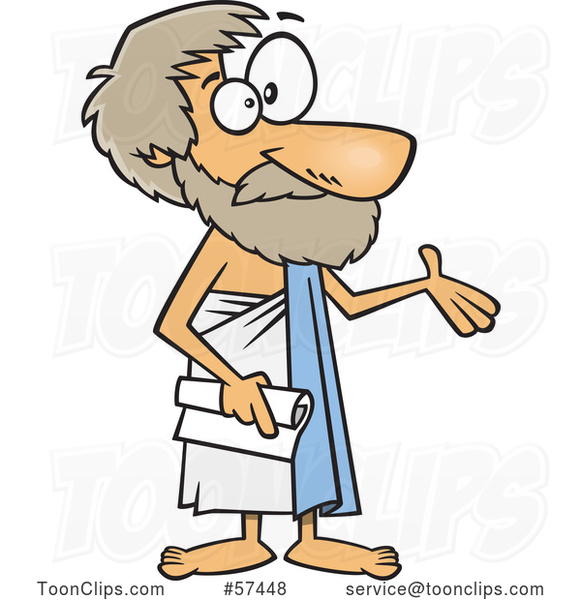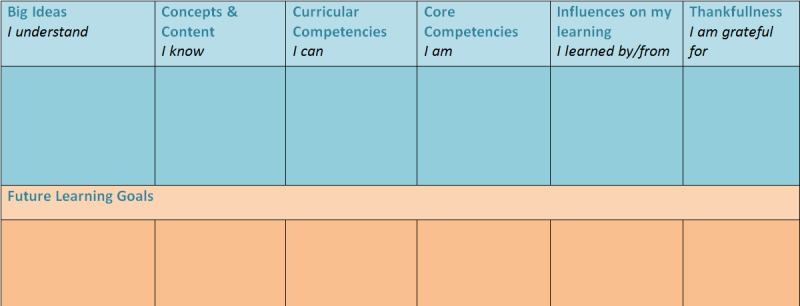Guaki, Clinton C.
Introduction
Why do men behave justly? Is it because they fear societal punishment? Are they trembling before notions of divine retribution? Do the stronger elements of society scare the weak into submission in the name of law? Or do men behave justly because it is good for them to do so? Is justice, regardless of its rewards and punishments, a good thing in and of itself? How do we define justice? Plato sets out to answer these questions in The Republic. He wants to define justice, and to define it in such a way as to show that justice is worthwhile in and of itself. He meets these two challenges with a single solution: a definition of justice that appeals to human psychology, rather than to perceived behavior.
Plato’s strategy in The Republic is to first explicate the primary notion of societal, or political, justice, and then to derive an analogous concept of individual justice. Plato identifies political justice as harmony in a structured political body. An ideal society consists of three main classes of people—producers (craftsmen, farmers, artisans, etc.), auxiliaries (warriors), and guardians (rulers); a society is just when relations between these three classes are right. Each group must perform its appropriate function, and only that function, and each must be in the right position of power in relation to the others. Rulers must rule, auxiliaries must uphold rulers’ convictions, and producers must limit themselves to exercising whatever skills nature granted them (farming, blacksmithing, painting, etc.) Justice is a principle of specialization: a principle that requires that each person fulfill the societal role to which nature fitted him and not interfere in any other business.
By the end of the webquest, the learners are expected to be more critical and more knowledge on how a state existed. They will be able to express their own ideas and understanding through oral and written discussion.

Note: For further introduction about what is the republic by Plato:https://www.iep.utm.edu/republic/
Task
Step 1:
- visit
- after watching the short clip, in any piece of paper you write your own insights about the Republic
- audio book is also available is you want listen to Plato's work
Step 2:
- to know more about Plato and why did he write the Republic visit, http://www.sparknotes.com/philosophy/republic/
Step 3:
- to sharpen your mind, answer the following questions as best you can, https://www.enotes.com/topics/platos-republic/quiz/book-10-questions-answers#quiz-book-10-questions-answers
Step 4:
- After answering, answers are found below and you can compare yours. How many did you get? If you get half, not bad.
- Check out the link for more information,https://www.cliffsnotes.com/literature/r/republic/about-platos-republic, this is just an overview
- If you have a google account, you can use https://www.google.com/drive/ to store your all the files that you can use for future references.
Step 5:
- watch this conclusion
Step 6: Use this https://www.rapidtables.com/tools/notepad.html and write concise and substantially about your own critical analysis "what ideal State should be".
Process

Step 1:
- Learners will be able to have an idea who and what is the Republic all about.
Step 2:
- Learners will contextualized where and why Plato wrote his work, what motivates him.
Step 3:
- Learners will be simulated through the questions and asses them what they understand about Plato and the Republic
Step 4:
- Learners will be evaluated and know what is the difficult area to be improve on. Learners will also be immersed in using technology using the following tools for learning.
Step 5:
- Conclusion is important and students will also create their own conclusion that makes them more critical thinker.
Step 6:
- Understanding is one of the most important part which the learners should be able achieve, in this manner, students are trained to be more analytical.
Evaluation
Students Self-Assessment
(Nota: Student self-assessment involves students in evaluating their own work and learning progress.)
From the scale of 1 to 4. 1 being the lowest and 4 is the highest, students will rate themselves as honestly as they can.
- A: The students did not understand what Plato is trying to say in his work the Republic.
- B:They grasped the concept but still failed at creating their own definition.
- C:Grasped the concept and succeeded in creating their own definition but did not fully understand or answer the assessment given.
- D:Completely understood the tasks at hand and succeeded at all assessment given. They completely mastered and give their analysis about the topic in the end of the lesson.

Conclusion
Congratulations on finishing the Quest on knowing and having an idea of what Plato's Republic is. Depending on your knowledge,shows on how hard you worked and how much you learned from it.
As a student of social studies, learning where does a state came about and what is the ideal state is helpful in fathoming the contemporary issues. This will also help in selecting our leaders, knowing "what should be their attributes" will help us choosing the right person to run the government.
This may only an overview, but contains all the fundamentals. If you want to increase your knowledge, reading more about this is recommended.
Give yourself a tap finishing the quest on knowing Plato's Republic.
Credits
"Naturalistic Epistemology," by Chase B. Wrenn, The Internet Encyclopedia of Philosophy, ISSN 2161-0002, https://www.iep.utm.edu/Sept.4,'18,
Plato's Republic (2014) retrieved from https://www.youtube.com/watch?v=jLvDGRwO5q8
Philosophy Plato (2014) retrieved from https://www.youtube.com/watch?v=VDiyQub6vpw
Plato Audiobook (2013) retrieved from https://www.youtube.com/watch?v=CqGsg01ycpk
Questionaires (n.d) https://www.enotes.com/topics/platos-republic/quiz/book-10-questions-answers#quiz-book-10-questions-answers
Pictures retrieved from https://www.google.com.ph/search?q=plato+republic&safe=active&rlz=1C1GCEA_enPH760PH760&source=lnms&tbm=isch&sa=X&ved=0ahUKEwiD9bPBx6DdAhXLHzQIHYK8DKYQ_AUICigB&biw=1680&bih=944
